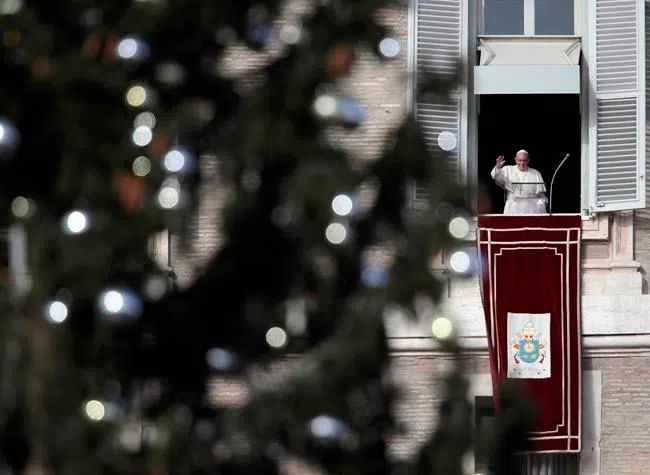
Pope cites the ‘disappeared’ among those deprived of rights
ROME — Pope Francis on Monday lamented that the poor, the unborn, those imprisoned and those who have been forcibly “disappeared” do not enjoy the same human rights protections as the wealthy.
Francis marked the 70th anniversary of the Universal Declaration of Human Rights with a message read at the start of a Vatican-backed conference.
In it, Francis said there were “numerous contradictions” in the way the U.N. declaration was applied and blamed the world’s profit-motivated economy that exploits the poor for the injustices experienced by the world’s most vulnerable.
“While one part of humanity lives in opulence, another sees their dignity unrecognized … their fundamental rights ignored or violated,” he said.
